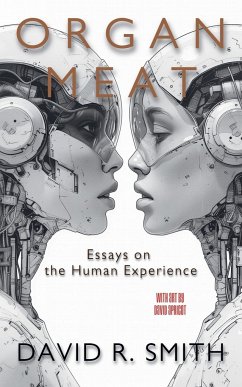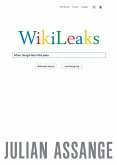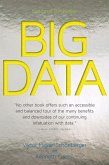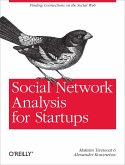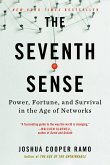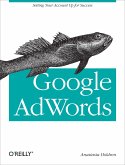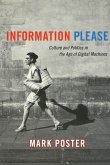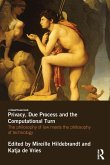The personal philosophy of the author is set out in essays with the unifying idea of a corrupted body politic. The first section, entitled The Head, attempts to redefine some aspects of the psychology of human experience. A unified process called a "transformation" is introduced to describe those experiences which actually matter. The rest of experience is mostly repetition of the trivial. Developing some ideas in Crowds and Power by Elias Canetti, transformations are body experiences which contain ideas, emotions, intuitions, and of course sensations-but during the experience, one cannot tease out those elements into different components. In the moment of change we live all of those elements simultaneously as we are suddenly different, someone else. Only later, after the fact, are the elements, such as thoughts or feelings, teased out and conceptualized. These transformations always seem to take place in a social context; they require the presence of a crowd (even if it is an interior one in the imagination) to be activated. Otherwise day-to-day human experience resides in the repeated confirmation of what we already think we know: the bubble of confirmation bias and sameness of confirmed opinion. This bold reassessment of human experience is then explored through examination of important common transformations: Celebrity, Crime, Sports (winning and losing), and finally through the experience of Faith. In second section, entitled The Tongue, the author demonstrates convincingly that stories are the essential unit of knowledge. If human experience is to be communicated at all, it must be done through telling a story. Story Utility, Story Authority, and Story Verification are described and placed in their historical context, as is Story Metadata. The truth of a story is explained through use of this notion of metadata: no story is true or false; but we attach our evaluations to stories. In this way stories become carriers of meaning beyond and above themselves. The third section is entitled The Hands and relates a theory of making and an epistemology of human construction. The Russian-doll-like quality of technological advances, each based on the previous advance and yet overcoming its predecessor, points to the catastrophe of overcomplexity and the likely failure of technology to ultimately solve the core human dilemma. The Stomach presents a humorous analysis and critique of capitalist economics, mainly the theory of money. The Heart explains a new theory of personal truth called Alignment, which promises to be very useful to people actively searching for truth in their lives.
Hinweis: Dieser Artikel kann nur an eine deutsche Lieferadresse ausgeliefert werden.
Hinweis: Dieser Artikel kann nur an eine deutsche Lieferadresse ausgeliefert werden.

